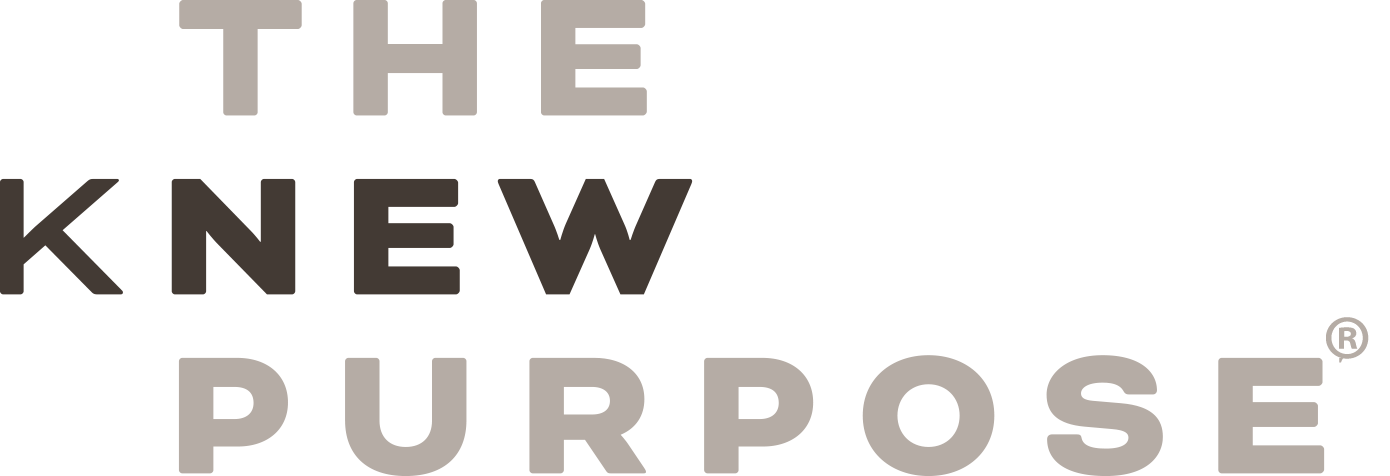According to the World Economic Forum’s 2022 Skills Outlook report, some of the most desirable skills for the future job market will include: analytical thinking and innovation; active learning and learning strategies; leadership and social influence; and emotional intelligence—skills that draw upon concepts that The Knew Purpose teaches. It’s the first time that conscious business practices guided by sustainability and ethics are now a commodity. Because profit is now aligning with altruistic values, it’s time to prepare for the future with forward-thinking models that give leaders a competitive edge.
Conscious leadership is a purpose-driven approach used by business leaders to move their company and community in an inspired direction where everyone benefits.
Conscious leadership includes learning, growth, and development phases. Conscious leaders are awake to their potential, informing their company in a conscious way, and expanding these principles to their community (employees, customers, suppliers, investors and local society).
We define purpose on multiple levels: individual, company, and community.
We guide leaders in defining their purpose—what gives them a sense of fulfillment and meaning in their work and life—while embracing their passion and core values.
We look at company purpose—why a company exists in the world—and how these values guide business decisions beyond profit.
We help leaders understand what holds a community together and how collaboration and connection can inspire everyone to contribute to something larger than themselves.
Business sustainability refers to the management and coordination of financial, social, and environmental demands and concerns to ensure responsibility, ethics, and ongoing success.
There are three pillars of sustainability (or the triple bottom line): people, profit, and planet.
People: social responsibility; social equity (gender, race, religion); employee and stakeholder wellbeing; fair trade.
Profit: Economic practices that maximize long-term profitability and promote growth.
Planet: Environmental protection and conservation of natural resources.
The bottom line: maximizing ethical, responsible, and sustainable business practices is good for business! In today’s market, a sustainable business model gives better brand recognition; builds a positive business reputation; increases sales and customer loyalty; saves on operational costs; helps attract talent and retain staff; and gives a competitive edge: 43% increase in brand image; and a 20% increase in business revenue!
Here are some more promising stats:
91% of Gen X women and 76% of Gen X men feel it’s important to contribute to their community or the world through their work.
75% of Millennials say they would take a pay cut to work for a responsible company.
51% of workers say that helping to “make a better world” and a “contribution to society” are essential for their ideal job.
55% of global online consumers across 60 countries say they are willing to pay more products and services provided by companies that are committed to positive social and environmental impact.
63% of Americans are hopeful businesses will take the lead to drive social & environmental change moving forward, in the absence of government regulation.
86% of US Consumers expect companies to act on social and environmental issues.
[Project ROI CR & Sustainability: Babson & Social Innovation Lab, Nelson Report and CSR Cone Communication & Echo Research]

